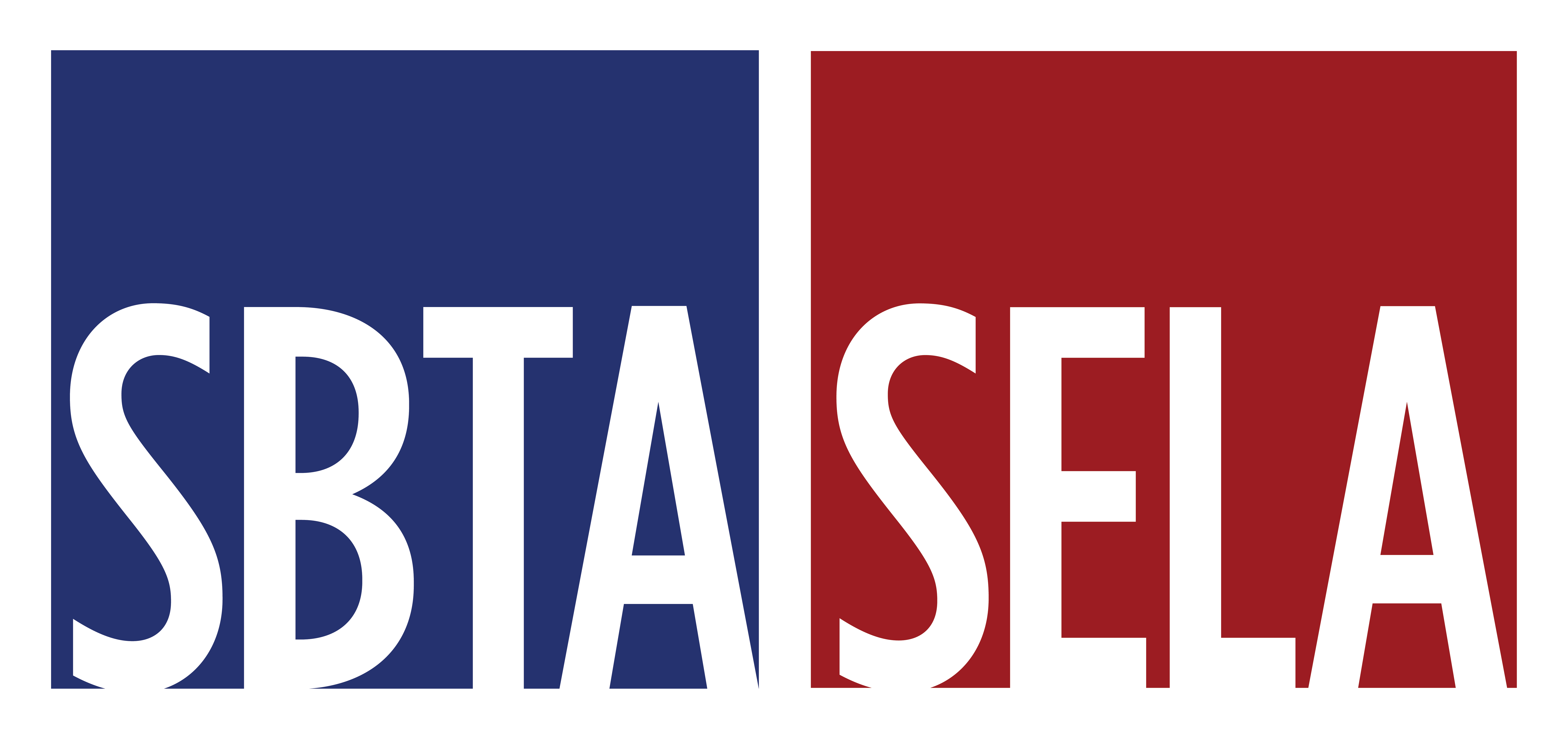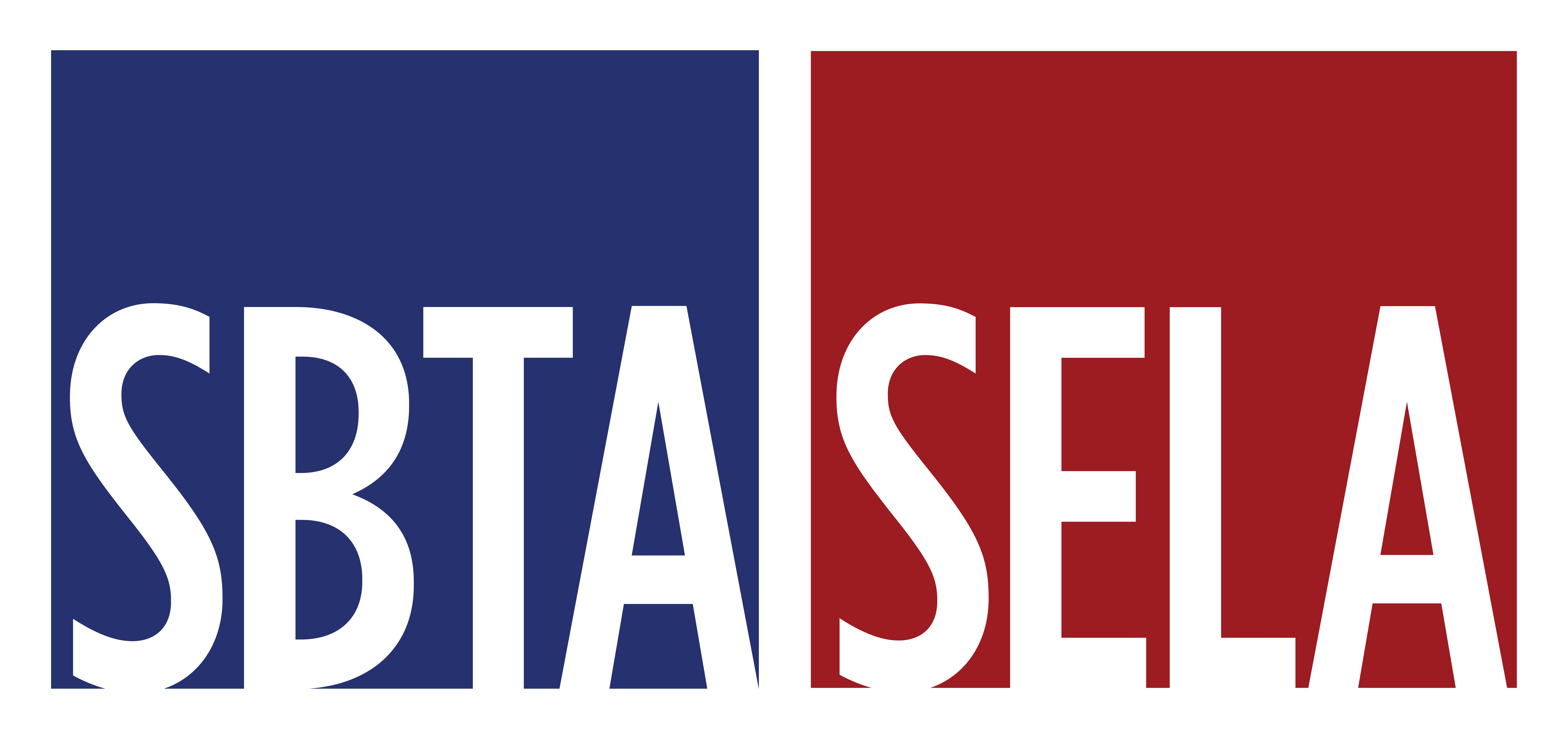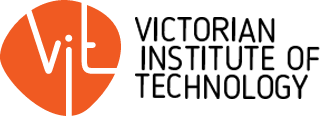Explore leading Australian Universities
Study Level Bachelor
Course Code 097424G
Study Method Class
Assessment Onsite Exam, Practical
Start Date September 2025, February 2026, May 2026
Entry Requirement Grade 12
Duration 48 weeks
Price $80000
Discount 5%
Discounted Price $76000
About the Course
The importance of access to early childhood education and its long-term benefits is well recognised. In the Bachelor of Early Childhood Education, you will study the significance of the learning and development that occurs between birth and starting school for every child. As graduate early childhood teachers, you will have an understanding of educational theory and contemporary approaches to empower you to design and deliver curriculum that enhances each child’s learning dispositions and cognitive, social, emotional and physical development skills.
During your four-year degree, you will develop skills in play pedagogy to teach literacy, maths, science, technology, engineering, arts, music, dance, drama, multimodal media, and STEM to young children. This will be balanced with safety, health and wellbeing; documentation, planning and assessment; sustainable practices; working with families and communities; diversity and inclusion practices; advocacy and research; pedagogical and educational leadership; and service provision and management.
As part of the degree, you will actively engage in 80 days of professional experience across four discrete placements to develop your teaching practice with young children. The final 30-day placement will give you the opportunity to consolidate your pedagogical and leadership practice, and the confidence and practical experience to enter the sector as a graduate early childhood teacher.
This course meets the required guidelines as specified by the Australian Qualifications Framework (AQF), and the Tertiary Education Quality and Standards Agency (TEQSA).
Entry Requirements
International Students
International applicants must have an English Language Proficiency Score of IELTS 6.5 (Academic) with Speaking no less than 6.5; Listening, Writing and Reading no less than 6.0, or equivalent.
Our admission pathway options include:
Applicants with recent Senior Secondary Education (within the past two years) must have completed an Australian Senior Secondary Certificate (Year 12). For guaranteed entry into the Bachelor of Early Childhood Education, applicants must have achieved an ATAR of 60 with a minimum of a NSW Band 4 in English (or equivalent).
Applicants with Higher Education (HE) study must have a successful completion (or partial completion) of a higher education qualification.
Applicants with Vocational Education and Training (VET) study must have completed a vocational qualification at the Diploma level or higher.
Applicants with Work/Life experience who left senior secondary education more than two years prior to their application, and have not undertaken VET or HE study since, may gain entry based on professional or work experience and/or any non-formal courses undertaken in preparation for tertiary study or that are relevant to the subject area. Work/Life experience applicants must submit a written admission statement outlining their reasons for undertaking the intended course of study. For more information about writing your admissions statement click here.
All applicants must submit a 600-word statement outlining reasons for wanting to become an early childhood teacher, and may be required to participate in an informal interview with an Ikon representative.
What will you learn
- Teaching theory, skills and practice directed specifically for the learning and development of children aged birth to five years through meaningful learning experiences and curriculum based on sound pedagogical principles.
- The importance of play-based learning where children are actively engaged with activities that, while incorporating elements of play, also support their learning and development
- How to encourage children’s participation and support diversity, equity and inclusion in the early years with emphasis on the construction and dynamics of families and communities in diverse contexts.
- The correlation between social and emotional development and behaviour, the importance of promoting and encouraging children’s agency and positive behaviour, and how to support children to self-regulate, develop their social-emotional skills and connect through positive social interactions.
- Preparation for educational leadership and service management including how to critically analyse issues and policy developments in the sector and to reflect on their own practice as professional early childhood educators
- Professional experience through a series of placements under the supervision of experienced educational leaders, giving you a real sense of early childhood education practices.
Career Opportunities
The Bachelor of Early Childhood Education prepares graduates for an exciting career as an early childhood teacher with the skills to educate children from birth to five years across a variety of early childhood settings, and in professional and community roles within the sector. Graduates wishing to advance their learning in early childhood education may be eligible for postgraduate studies.
Professional Recognition
The course is recognised by the Australian Children’s Education & Care Quality Authority (ACECQA) as an approved early childhood qualification for Early Childhood Teachers under the National Quality Framework. Graduates may be eligible for teacher accreditation recognition via their relevant state regulatory authority.
Course Units
| Code | Course Unit | Description | Type |
|---|---|---|---|
| ECUR102 | Exploring Play and Documentation | This subject explores early childhood play theory and pedagogy; the role of the early childhood teacher in play; how to reflect on and utilise play to document, assess, plan and reflect on children’s learning and development; as well as the variety of documentation techniques utilised in early childhood settings to document and create play environments for children. Assessments: Essay (30%), Leaflet (30%), Documentation, Planning and Assessment Records (40%) | Core |
| ELDR407 | Researching in Early Childhood Education | This subject synthesises historical and contemporary research projects in early childhood education, as well as designing and implementing small-scale research projects in early childhood settings. Assessments: Research Proposal (30%), Research Project (50%), Conference Presentation (20%) | Core |
| ELDR406 | Leadership and Service Management | This subject synthesises legislation, business operations, management skills and leadership practices to create a positive service culture with emphasises on informed decision-making and delivering quality early childhood settings to the community. Assessments: Report (30%), Management Plan (30%), Literature Review (40%) | Core |
| ELDR405 | Educational Leadership | This subject synthesises the theories and functions of early childhood educational leadership; the contemporary context of educational leadership in the National Quality Framework and Australian Professional Standards for Teachers; and the professional identity of pedagogical and educational leader in early childhood service provision. Assessments: Essay (30%), Research Report (40%), Professional Learning Presentation (30%) | Core |
| EPRO404 | Advocacy and Social Justice in Early Childhood Education | This subject synthesises contemporary issues in social justice in early childhood education; the role of the curriculum in addressing social justice issues to ensure children are participating as democratic citizens within the learning environment; as well as the personal, participatory and political advocacy requirements of the early childhood teacher. Assessments: Literature Review (30%), Project and Presentation (40%), Journal (30%) | Core |
| EPRO403 | Indigenous Perspectives in Early Childhood Education | This subject synthesises Indigenous education in Australia; the diversity of Aboriginal and Torres Strait Islander nations, cultures, practices and beliefs on embracing reconciliation in early childhood service provision; as well as the role of the teacher in embedding First Nation perspectives through applying historical and contemporary culturally related learning provisions. Assessments: Research Task (30%), Report (30%), Project and Presentation (40%) | Core |
| ECUR402 | Contemporary Curriculum in Early Childhood Education | This subject synthesises international and national early childhood curriculum models; current issues, debates, and ongoing professional learning in contemporary early childhood curriculum provision; as well as the impacts of educational policy decisions on families, children, the community, and society. Assessments: Annotated Bibliography (30%), Report (30%), Project and Presentation (40%) | Core |
| EPRO401 | Inclusive Perspectives in Early Childhood Education | This subject synthesises the key principles, theories, legislation and government programs informing inclusive education in early childhood settings; as well as educational scholarship in applying approaches, perspectives and pedagogical practices to design contemporary inclusive learning environments, curriculum, and assessment for all children. Assessments: Essay (30%), Report (40%), Presentation (30%) | Core |
| ETCH307 | Teaching Curriculum: Art | This subject examines contemporary creative arts approaches to educating young children; and the role of the teacher and teaching strategies required to design curricula and embed visual, media and sensory art into play-based learning opportunities. Assessments: Presentation (30%), Teaching Portfolio (40%), Art Show (30%) | Core |
| ETCH306 | Teaching Curriculum: Music, Dance and Drama | This subject examines contemporary creative arts approaches to educating young children; and the role of the teacher and teaching strategies required to design curricula and embed music, movement, dance, and drama into play-based learning opportunities. Assessments: Report (30%), Teaching Portfolio (40%), Performance (30%) | Core |
| ETCH305 | Teaching Curriculum: Science and Engineering | This subject examines contemporary approaches to educating young children; and the role of the teacher and teaching strategies required to design curricula and embed science and engineering, into play-based learning opportunities. Assessments: Multimodal Text (20%), Pedagogical Documentation (40%) and Multimedia Presentation (40%) | Core |
| ETCH304 | Teaching Curriculum: Literacy and Numeracy | This subject examines the contemporary literacy and numeracy approaches to educating young children; and the role of the teacher and teaching strategies required to design curricula and embed literacy and numeracy into play-based learning opportunities. Assessments: Research Task (30%), Teaching Portfolio (40%), Report (30%) | Core |
| ECUR303 | Digital Technology and Media in the Early Years | This subject examines digital technologies and media in contemporary early childhood pedagogy; service provision; continued professional learning; and the use of multimodal media, digital technologies, coding, and robotics with children. Assessments: Literature Review (30%), Learning Experience Plans and Resources (40%), Presentation (30%) | Core |
| ECUR302 | Mathematics in the Early Years | This subject examines various theoretical underpinnings and key concepts of mathematics education; the role of the early childhood teacher; teaching strategies and the content areas for teaching mathematics in early childhood education settings. Assessments: Essay (30%), Report (40%), Test (30%) | Core |
| ECUR301 | Language and Literacy in the Early Years | This subject examines children’s acquisition of language; learning opportunities to support language and literacy in early childhood environments; and the role of the early childhood teacher in facilitating each child’s language through teaching strategies such as singing, rhyming, storytelling, and digital technology. Assessments: Research Task (30%), Essay (40%), Test (30%) | Core |
| ECUR207 | Curriculum Approaches and Teaching Strategies | This subject investigates the historical, contemporary, and critical approaches to curriculum provision; the teaching strategies and national teaching standards required of an early childhood teacher; and the creation and facilitation of effective early childhood curriculums through the provision and management of learning environments across diverse contexts. Assessments: Essay (30%), Presentation (30%), Report (40%) | Core |
| ETCH206 | Development, Assessment and Planning (0 to 3 years) | This subject investigates child development, teaching practices and pedagogy, assessment and planning for nurturing and educating children birth to three years. Assessments: Exam (30%), Booklet (40%), Documentation, Planning and Assessment Records (30%) | Core |
| ETCH205 | Sustainability Perspectives in the Early Years | This subject investigates the key concepts, theories, priorities, and practices of education for sustainability, as well as teaching strategies and curriculum provision to nurture children’s active citizenship in sustainable practice. Assessments: Essay (30%), Project (40%), Exam (30%) | Core |
| EPRO204 | Working with Families and Communities | This subject investigates the diversity, complexity and changing nature of contemporary families and childhoods in differing contexts; theories and intervention strategies in working with individuals, families and communities; as well as the significance of engaging with relevant community organisations, external professionals, events and services. Assessments: Presentation (30%), Essay (30%), Report (40%) | Core |
| ETCH203 | Understanding and Guiding Behaviour | This subject investigates teachers understanding of the links between children’s contexts, development, and behaviour, as well as early childhood teaching strategies and approaches to support children’s behaviour and nurture positive self-esteem, wellbeing, self-regulation, and emotional intelligence. Assessments: Essay (30%), Leaflet (30%), Presentation (40%) | Core |
| EDEV202 | Understanding and Supporting Exceptionality | This subject investigates contemporary inclusive education approaches in facilitating learning outcomes for all children, as well as in-depth studies of areas of exceptionality for inclusion in curriculum and teaching practices in early childhood settings. Assessments: Essay (30%), Report (40%), Presentation (30%) | Core |
| EPRO201 | Theoretical Perspectives and Pedagogy | This subject investigates early childhood theories, perspectives and understandings that influence early childhood teachers’ pedagogical approaches to curriculum design, implementation, analysis, and reflection. Assessments: Essay (30%), Presentation and Leaflet (40%), Report (30%) | Core |
| EPRO101 | Professional Practice | This subject explores the role of the early childhood professional; the operations of early childhood settings; relevant conventions, legislation, regulations, codes of conduct; policy; and quality assurance processes that inform the day to day practices of an early childhood teacher. Assessments: Report (30%), Presentation and Leaflet (30%), Essay (40%) | Core |
| ETCH107 | Exploring Creativity | This subject explores creativity in the early years across all curriculum areas, as well as the early childhood teacher’s role in documenting, assessing, and planning meaningful learning experiences to foster creativity and support children’s holistic development. Assessments: Essay (30%), Presentation and Leaflet (40%), Reflective Practice Journal (30%) | Core |
| ETCH106 | Development, Assessment and Planning (3 to 5 years) | This subject explores child development, teaching practices and pedagogy, assessment and planning for nurturing and educating children three to five years. Assessments: Annotated Bibliography (30%), Essay (30%), Booklet (40%) | Core |
| EPRO105 | Safety, Health and Wellbeing | This subject explores the significance of a holistic approach to the health, wellbeing, wellness, nutrition and safety of infants and children in early childhood education and care settings. Assessments: Presentation and Report (30%), Essay (40%), Exam (30%) | Core |
| EPRO104 | Diversity and Equity | This subject explores diversity and equity in the early years context; personal and professional cultural identity and competence; dominant discourse and bias in practices; the diversity and richness of inclusion in an early childhood curriculum of First Nations Peoples and culture, abilities, race, ethnicity, linguistics, gender, sexuality, and spirituality by an early childhood teacher. Assessments: Report (30%), Essay (30%), Presentation and Leaflet (40%) | Core |
| EDEV103 | Holistic Child Development | This subject explores child development; developmental theories and influences; genetics and growth; the brain and neuroscience; developmental domains and milestones; learning dispositions; and the importance of using child development to inform the pedagogical practices of an early childhood teacher. Assessments: Research Task (30%), Booklet (40%), Exam (30%) | Core |
| PLAC910 | Professional Experience 4 (Capstone) | This subject consolidates learned theory, knowledge, skills, and practices of an early childhood teacher in an approved early childhood education setting with children. Assessments: Portfolio (30%), Service Report (30%), Supervising Academic Report (20%), Student Report (20%). | Elective |
| PLAC908 | Professional Experience 2 (0 to 3 years) | This subject applies learned theory, knowledge, skills, and practices of an early childhood teacher in an approved early childhood education setting with babies and toddlers. Assessments: Portfolio (40%), Service Report (15%), Supervising Academic Report (15%), Student Report (15%), Essay (15%) | Elective |
| PLAC907 | Professional Experience (3 to 5 years) | This subject applies learned theory, knowledge, skills, and practices of an early childhood teacher in an approved early childhood education setting with children aged three to five years. Assessments: Portfolio (40%), Service Report (15%), Supervising Academic Report (15%), Student Report (15%), Essay (15%) | Elective |
| PLAC909 | Professional Experience 3 (3 to 5 years) | This subject applies learned theory, knowledge, skills, and practices of an early childhood teacher in an approved early childhood education setting with children aged three to five years. Assessments: Portfolio (40%), Service Report (15%), Supervising Academic Report (15%), Student Report (15%), Essay (15%) | Elective |



